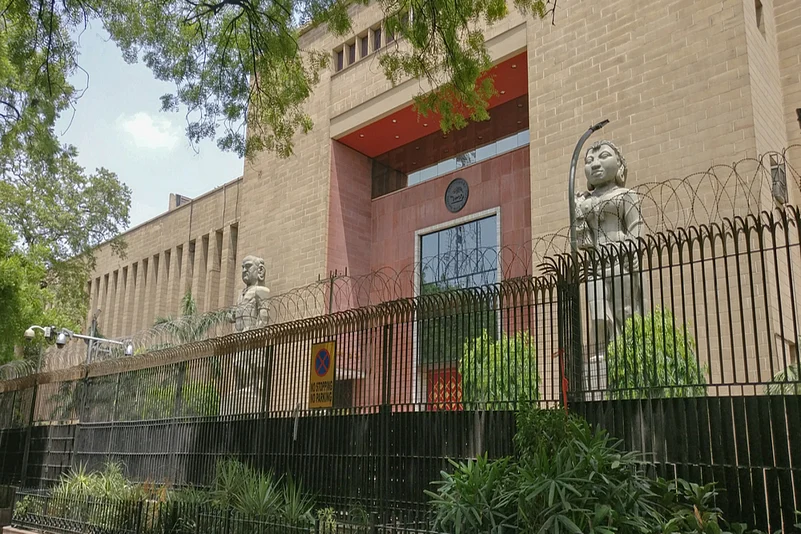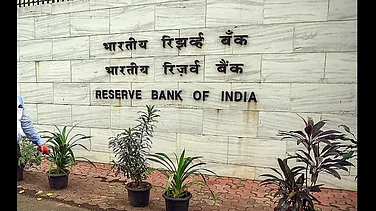The Monetary Policy Committee (MPC) of the Reserve Bank of India on Friday decided to keep its key policy rates unchanged with the repo rate maintained at 4 per cent and reverse repo rate at 3.35 per cent. The committee also decided to maintain the accommodative stance, keeping room for future rate cuts.
The central bank, however, raised the Cash Reserve Ratio (CRR) from 3 per cent to 4 per cent between March and May.
Divakar Vijayasarathy, Founder and Managing Partner, DVS Advisors, says the policy rates being unchanged has been on the expected lines with inflation being within the range of 4 per cent to 6 per cent.
“Even in the next policy review, it is not expected to be changed since the inflation projection for the first half of FY22 is also within the range and more importantly the target is also expected to be retained at the current 4 per cent with +/- 2 per cent,” he says. “The GDP growth expected by the RBI is 10.5 per cent which is almost on similar lines as expected by the International Monetary Fund (IMF) and other institutions.”
Shishir Baijal, Chairman of Knight Frank India, says that while the recent moderation in the headline inflation rate has lent some comfort, the RBI will be cautious of demand side inflation picking up as the economic growth momentum picks up.
“The growth-focussed Budget of the finance minister further supports the government’s aim of nurturing the economy and this status quo in rates will further bolster demand in high-involvement products like real estate. As most global agencies have touted, India is expected to recover faster from the COVID-induced slowdown mostly based on the restoration of domestic consumption. It has greatly benefitted from the benign interest rate regime and infusion of liquidity,” Baijal says.
According to Knight Frank chief, the housing market in the country has responded well to low interest rates. “Given the interlinkages of the housing market with other sectors of the economy, we believe that low interest rates for a sufficiently long period of time will help build a strong and broad-based demand momentum in the Indian real estate market,” he says.
Advance estimates indicate that the Indian economy will shrink as much as 7.7 per cent in FY21 because of the pandemic and the RBI was expected to cut repo rates to boost consumption.
“The real estate industry always aspires for reduced interest rates. Housing demand is reviving, and this demand needs to be fostered. However, the RBI's current stance is absolutely justified, given the unique circumstances. We are certain that rates will be adjusted favourably once the pandemic exigencies ease,” says Anuj Puri, Chairman of ANAROCK Property Consultants.































